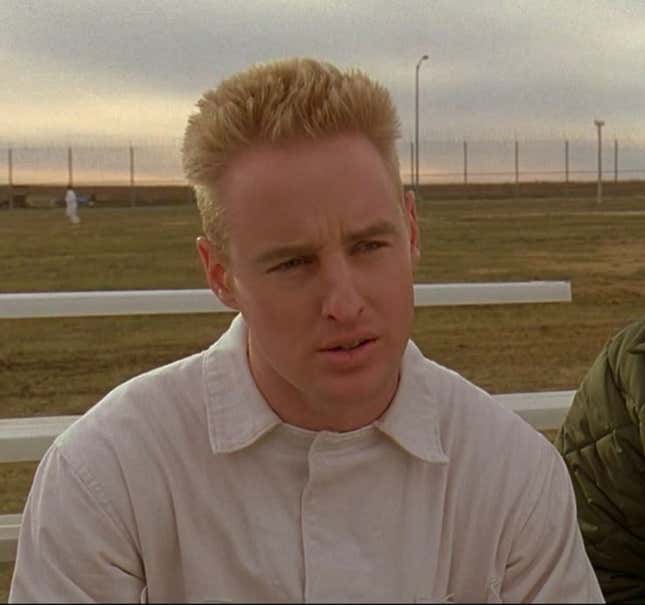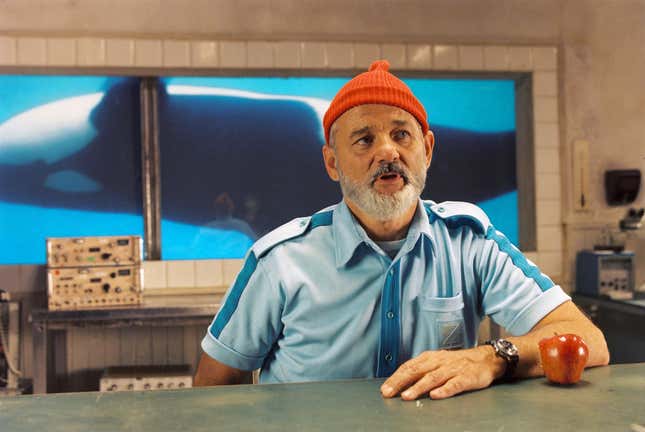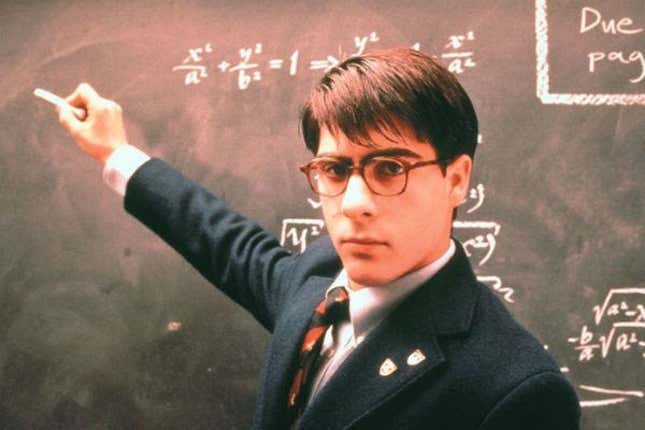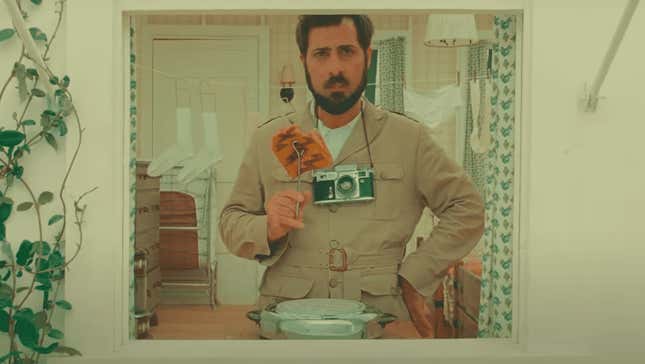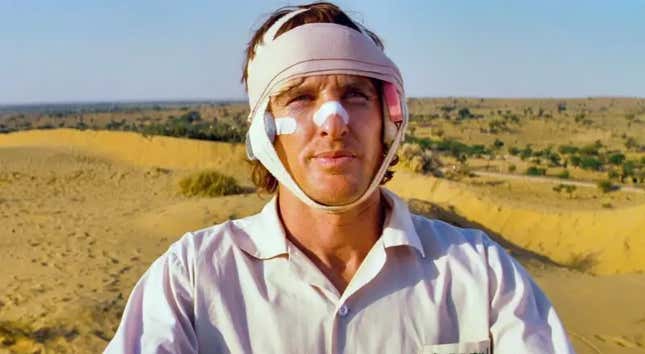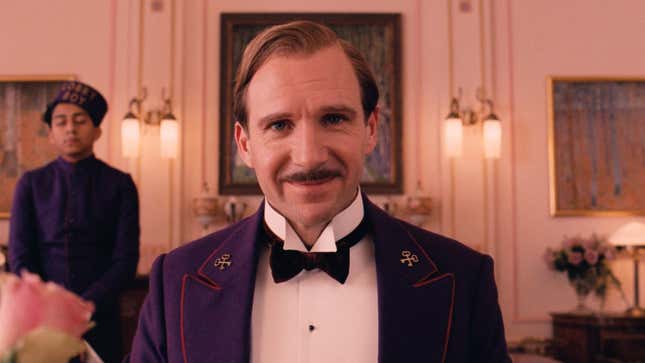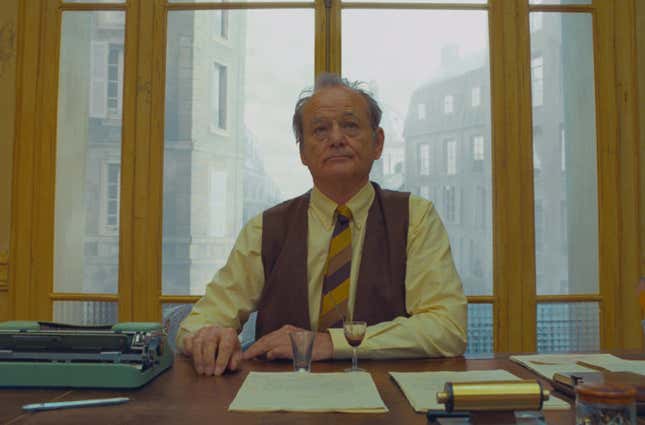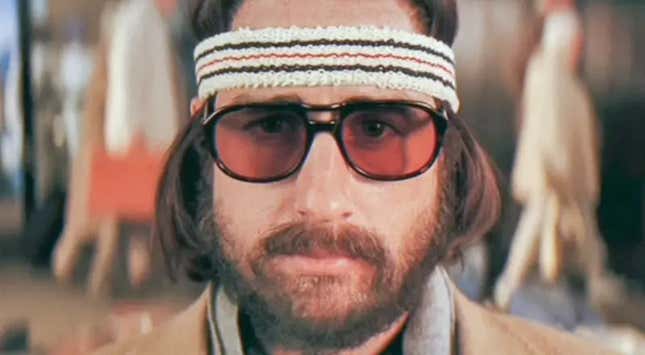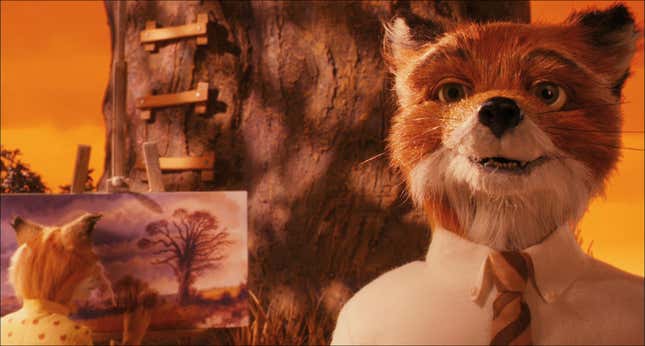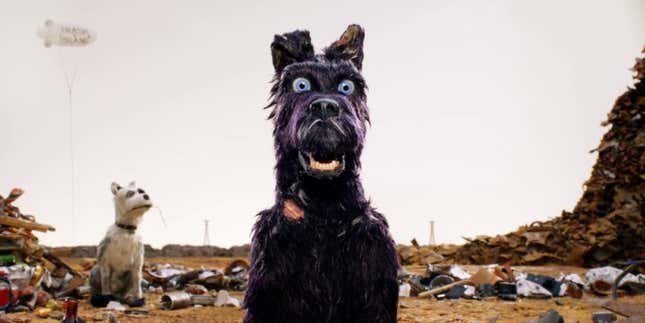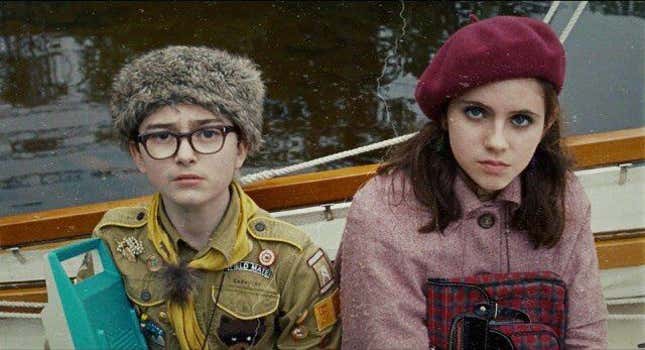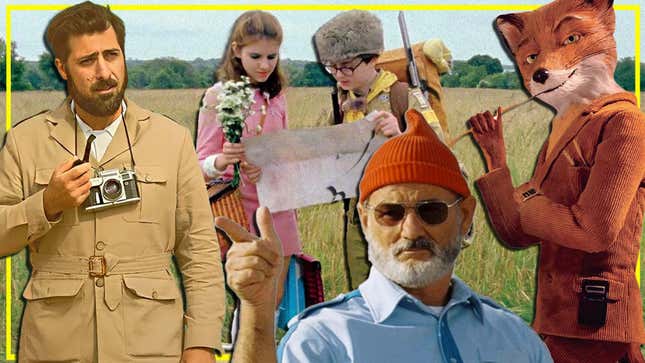
We watch movies for how they momentarily teleport us to worlds where anything can happen and none of it is our responsibility. It’s the characters that are our vehicles down these cinematic roads paved in broken hearts, therapeutic laughs, and unnecessarily life-threatening stunts by Tom Cruise. The greatest characters in cinema history stay with us because they’re so well-written and acted that we can see ourselves having a drink with them, or dating them, or, in the case of most of Wes Anderson’s best characters, we just want to watch them, in all their colorful eccentricity, live in this world.
Anderson is one of the greatest filmmakers ever, and that’s in no small part because he’s created characters we find simultaneously surreal and relatable, even if we don’t understand why. Why do we admire people like Bottle Rocket’s Dignan (Owen Wilson), who refuse to accept reality, even when it’s slapping them in the face? Why do we sometimes cling to a version of ourselves that no longer exists like Steve Zissou (Bill Murray) in The Life Aquatic with Steve Zissou? Anderson knows why, and he tells us through these unforgettable characters.
Before the acclaimed director releases his 12th film, The Phoenician Scheme, let’s revisit the characters that have defined his legacy and enriched our lives.
